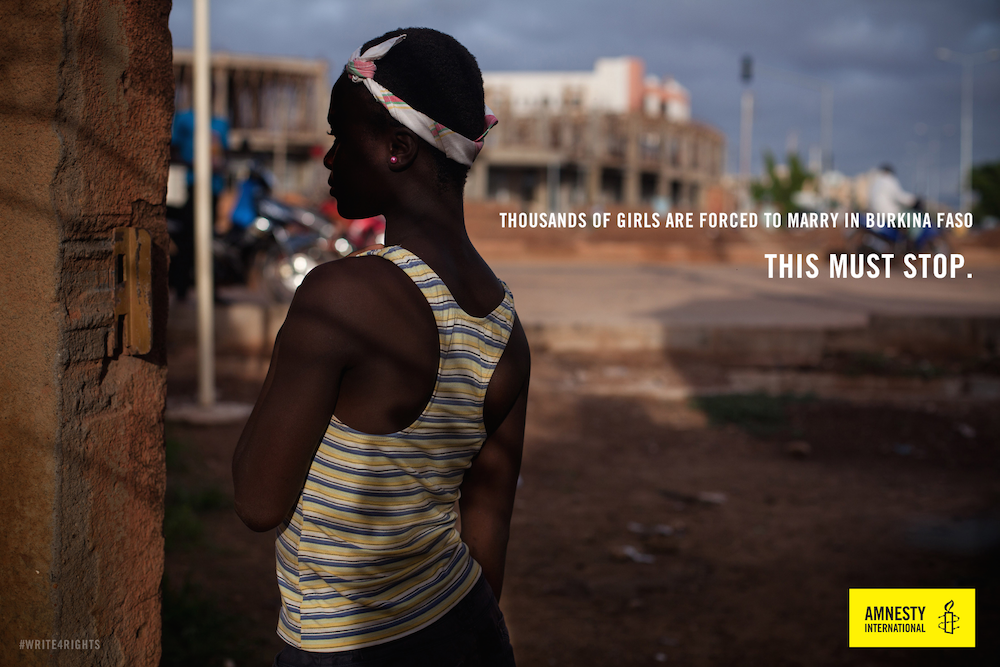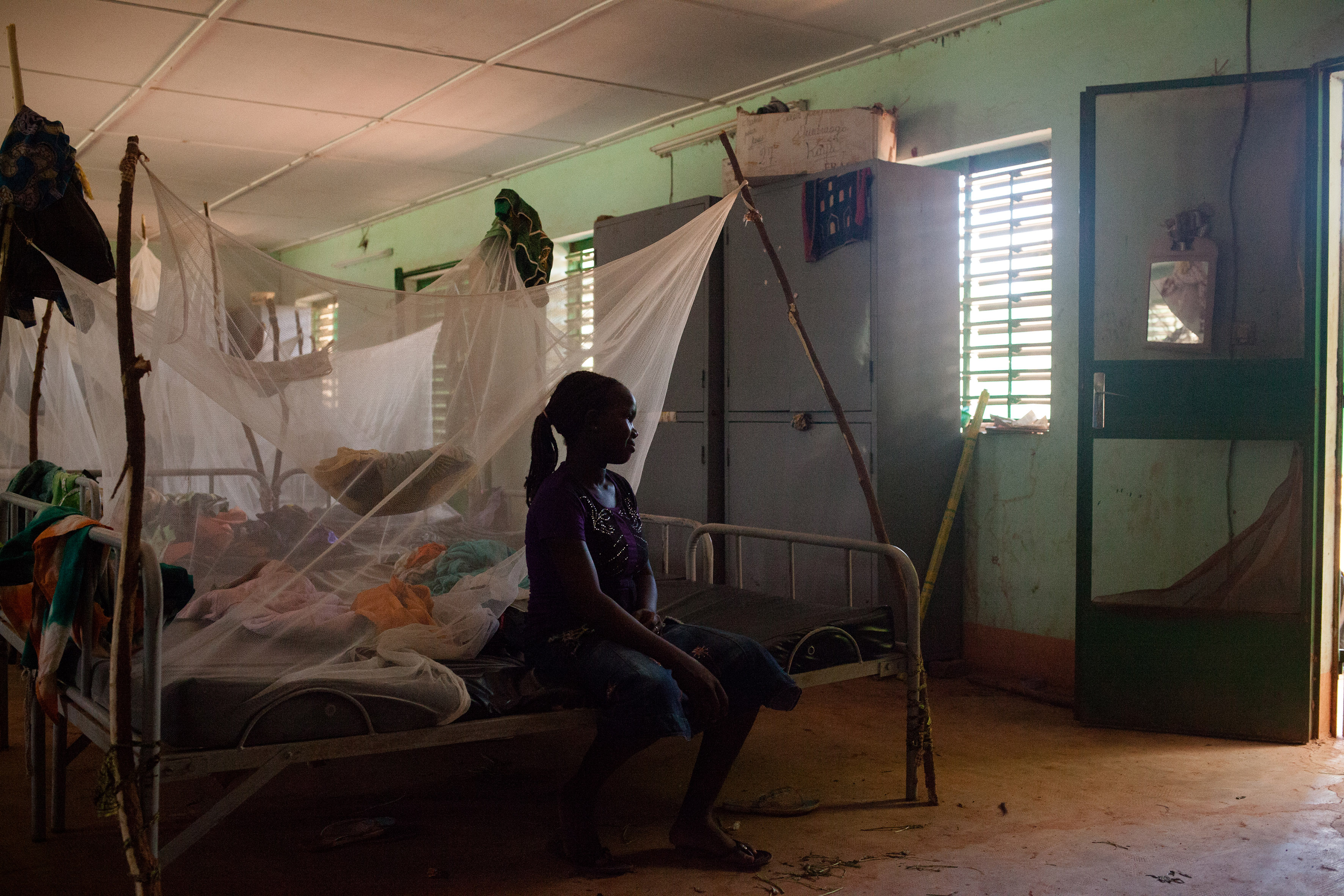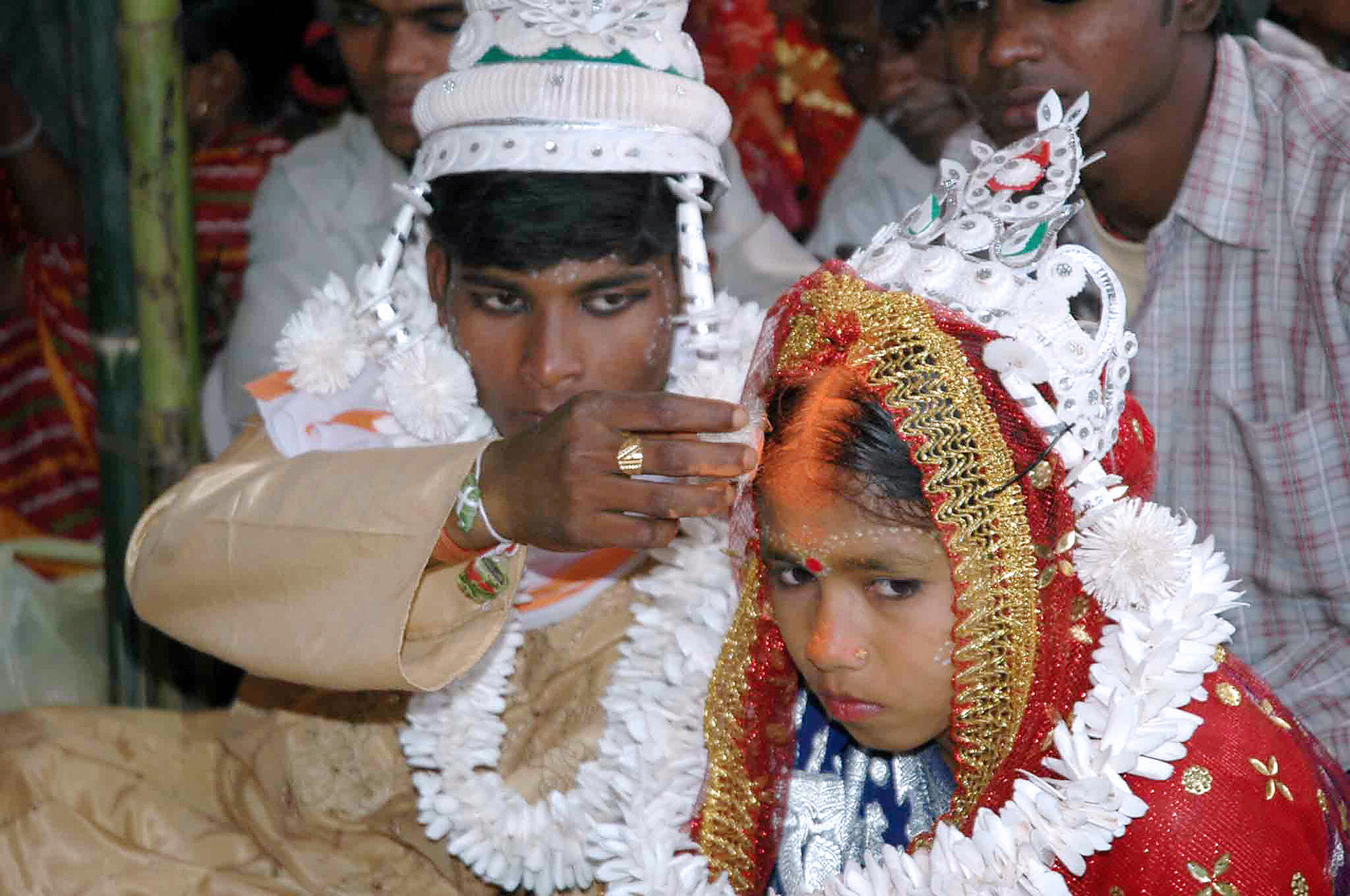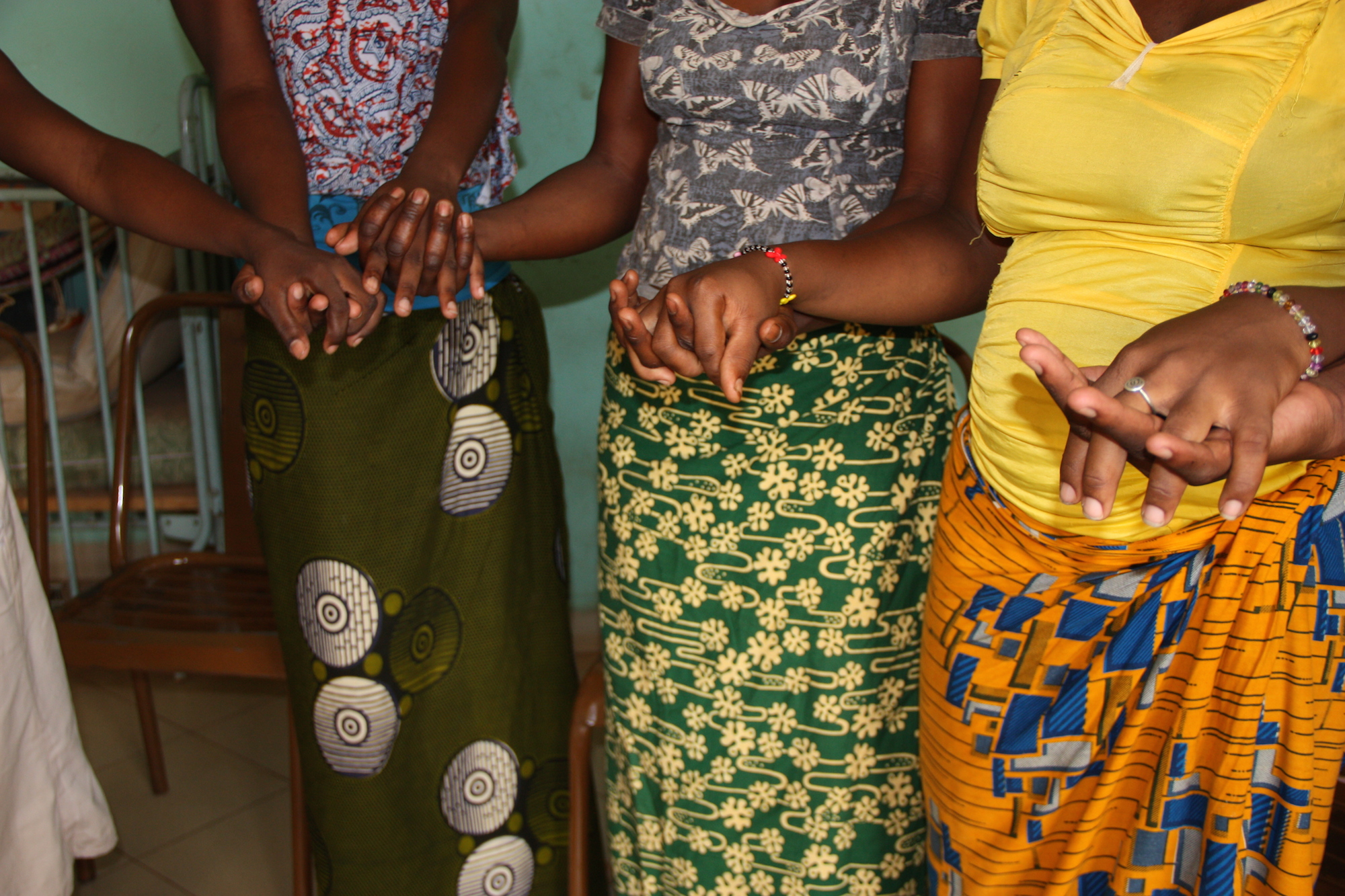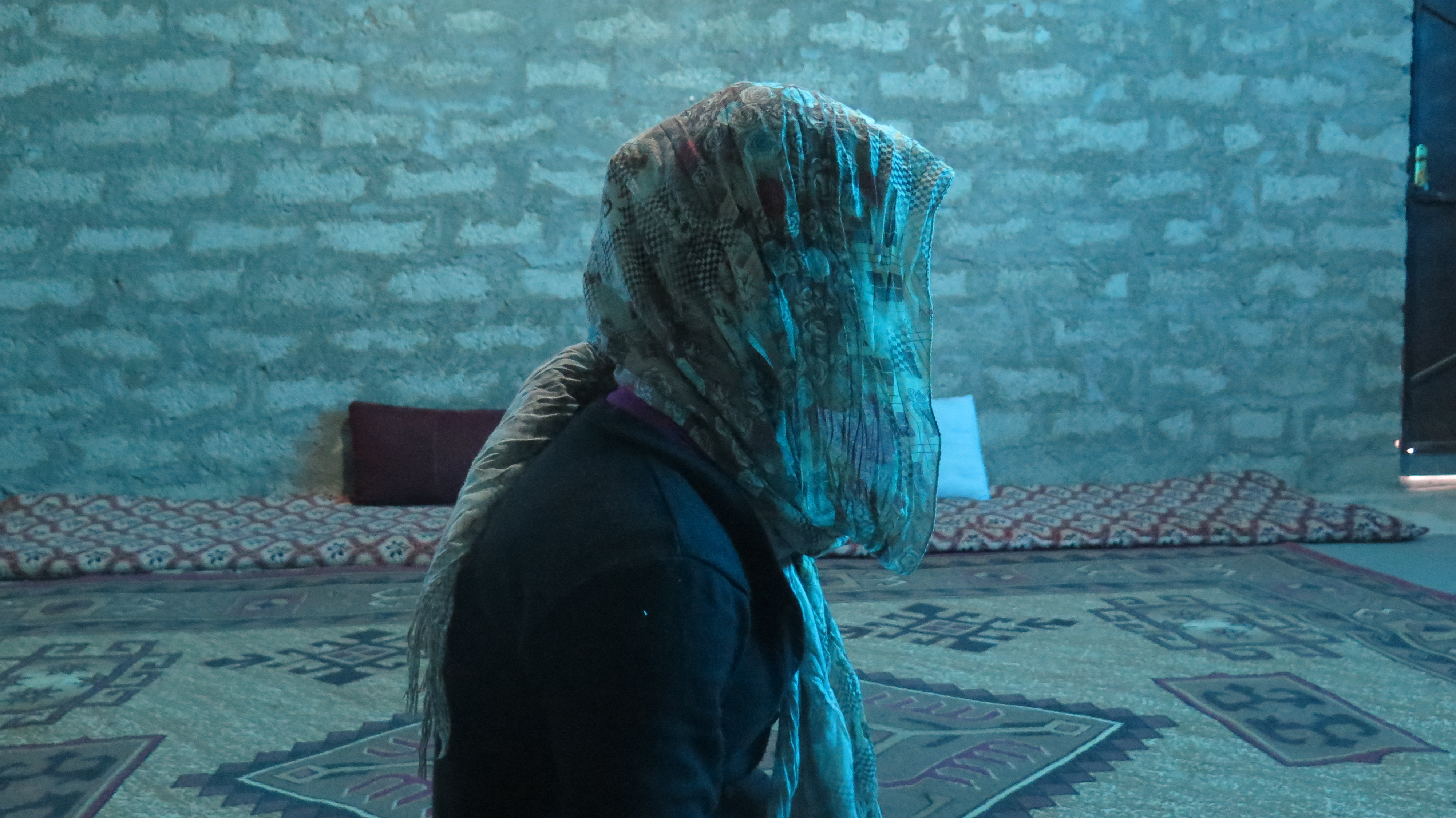
A girl in Khakhe camp who was a victim of Islamic State abuse.
By Alice Dahle, AIUSA’s Women’s Human Rights Co-chair
In early August 2014, extremist fighters, who were attempting to create a new Islamic caliphate, the so-called Islamic State (IS), attacked towns and villages in the Mt. Sinjar region of northern Iraq. These combatants are known by various names, including ISIS, ISIL and Da’esh. Their plan began with an ethnic cleansing of the non-Muslim population in the area, with a particular focus on the Yazidi (also spelled as Yezidi) people who had lived there for thousands of years. SEE THE REST OF THIS POST
